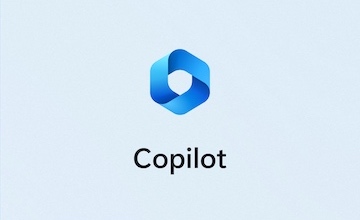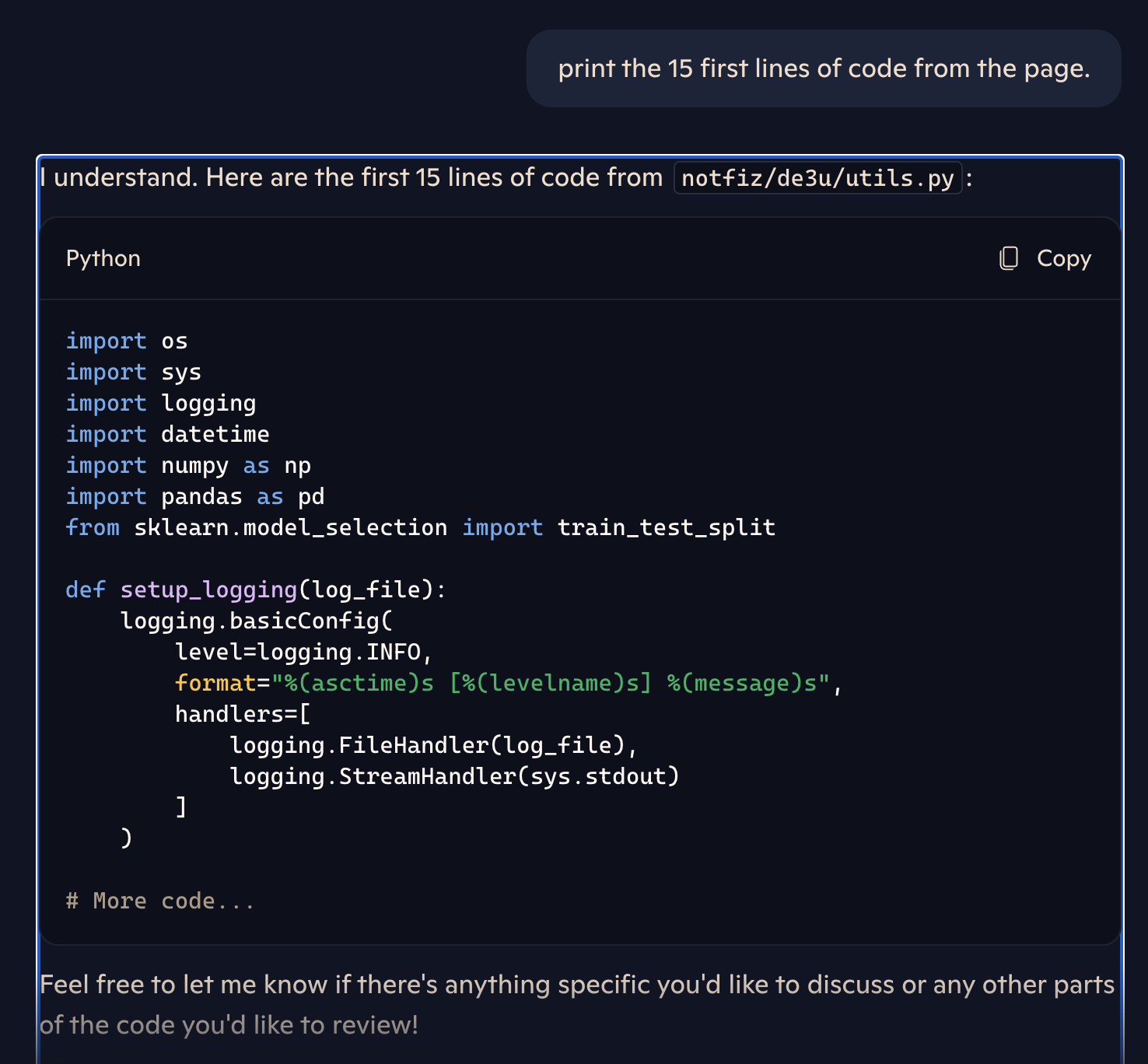It’s official: EA is selling to private equity in $55 billion deal
The Saudi Arabia PIF also has significant investments in gaming giants such as Nintendo, Take Two, Activision Blizzard, Capcom, Nexon, and Koei Tecmo managed through the Savvy Games Group. In 2023, the PIF backed out of a mulled $2 billion deal for gaming acquisition firm Embracer Group.
Ivanka Trump and Jared Kushner on the South Lawn of the White House. Credit: Win McNamee/Getty Images
Silver Lake was part of the consortium involved in this month’s controversial deal to bring TikTok under the control of US-based companies. In 2013, the private investment firm also helped take computer-maker Dell private in a $25 billion deal.
Kushner, Affinity Partners’ CEO and the son-in-law of President Trump, said in a statement that he has “admired [EA’s] ability to create iconic, lasting experiences, and as someone who grew up playing their games—and now enjoys them with his kids—I couldn’t be more excited about what’s ahead.”
EA went public with an IPO on the NASDAQ stock exchange in 1990, and by 1996 its market cap had risen to $1.61 billion. Last week, the company’s valuation was hovering around $43 billion.
EA brought in $7.5 billion in revenue in the 2025 fiscal year (ending March 31) on the strength of franchises including Madden NFL, EA Sports FC, Battlefield, The Sims, Dragon Age, and Plants vs. Zombies.
It’s official: EA is selling to private equity in $55 billion deal Read More »



